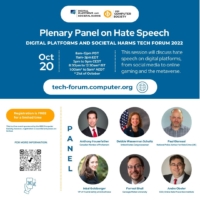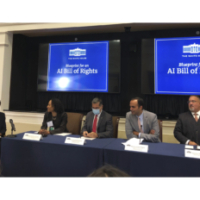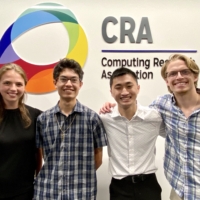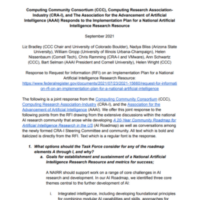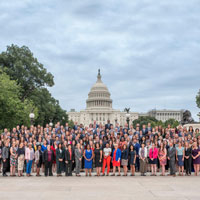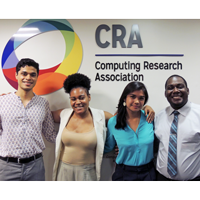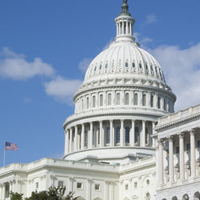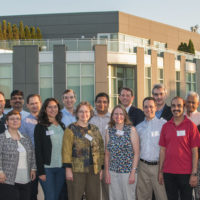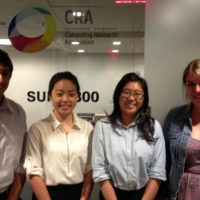In an advertisement that ran in the New York Times on September 26, and in Friday’s Wall Street Journal, 39 CEOs and top executives of American companies argued that federally supported scientific research is, “an investment in our prosperity, security, and well-being.”
The ad points out that without federally supported research, we would not have such things as smart phones, the internet, or microprocessors, to name but a few of the examples cited. Some of the companies whose leaders signed the advertisement are members of the Task Force on American Innovation, a coalition which CRA is a member. The Task Force is a coalition of science organizations, American colleges and universities, and high-tech companies, which supports federally-funded scientific research and promote its benefits to America’s economy, security, and quality of life. The advertisement has the full list of signatories, some of which are well known to our community, such as Norm Augustine, former CEO of Lockheed Martin, and Meg Whitman, President and CEO of Hewlett Packard Enterprises.
The ad was sponsored by the University of Pennsylvania’s Annenberg Public Policy Center.

